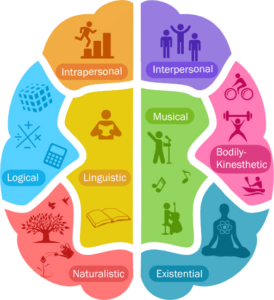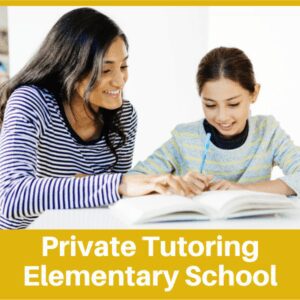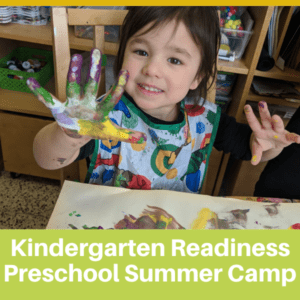Unique Learning Styles
 Howard Gardner coined the term Multiple Intelligences first in 1983 to describe the evident fact that there are many different ways that people learn. Some people learn from listening, some from watching and others from doing. People also have different ways to express what they have learned: verbally, kinesthetically, artistically, etc.
Howard Gardner coined the term Multiple Intelligences first in 1983 to describe the evident fact that there are many different ways that people learn. Some people learn from listening, some from watching and others from doing. People also have different ways to express what they have learned: verbally, kinesthetically, artistically, etc.
As parents and educators, it is imperative that we recognize these unique learning styles in our children and allow them opportunities to engage in their learning through equally unique modes.
Differentiation
Differentiation is a popular term frequently used in educational circles to mean several different things. For some it can mean that lessons need to be different for each student, for others it just means to acknowledge students’ differences.
If we begin with the premise that all students are inherently unique and have different interests, learning styles, strengths and experiences, then it follows that they will require different instructional strategies to help them reach their potential as learners and beyond.
The most common strategies of differentiating learning in a classroom are:
- Varied groupings of students
- Alternate activities for teaching or assessment
- Providing students more time for completion of activities
- Providing choice for students to allow them to engage with their learning constructively
Developing Individual Intelligences in the Classroom
While it is important to allow students choices over how they learn and present their learning, it is equally important that they are exposed to all modes of learning to balance out their skills. It is impractical to present new material to students in only one way, and it is just as impractical to allow them to always choose an “easy” way of presenting their learning.
Below are some ways teachers seek to incorporate different learning modes in their classroom. For parents, this chart can be helpful when advocating for your child’s learning as well as when helping them with homework and studying skills.
| Learner Type | Teaching and Learning Ideas |
| Verbal / Linguistic |
|
| Mathematical / Logical |
|
| Musical |
|
| Visual / Spatial |
|
| Bodily / Kinesthetic |
|
| Interpersonal |
|
| Intrapersonal |
|
| Naturalist |
|
For more educational posts visit our Educational Posts Page
To keep up with new blog posts you can follow us on Facebook or Instagram
Or, sign up for our newsletter below for school updates.
Get updates on new classes, hosted events, and more.










